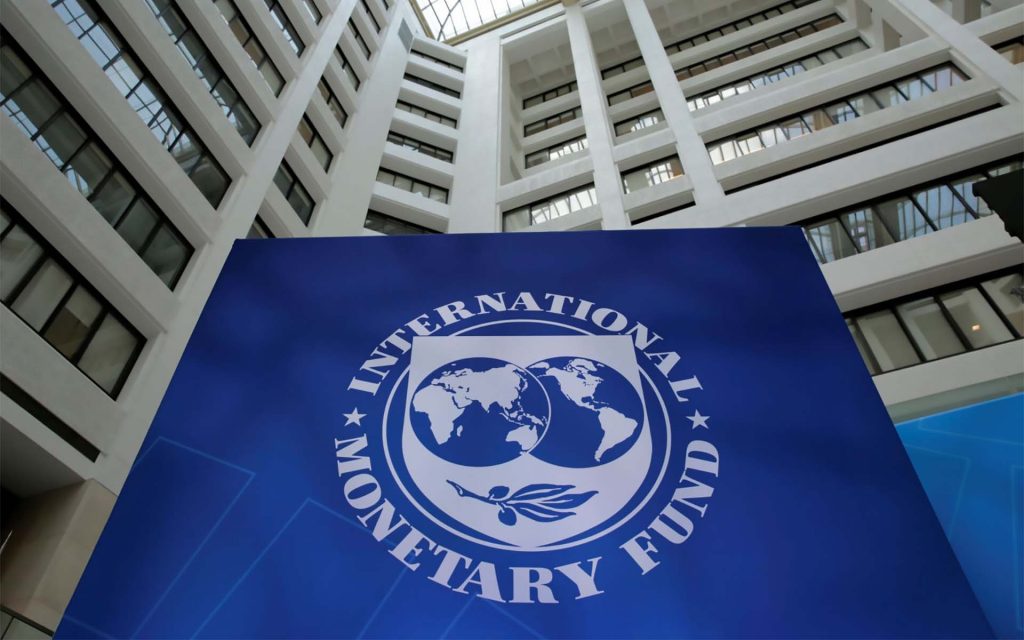The International Monetary Fund has urged Britain to offer “targeted support” for struggling households facing a cost of living surge.
Gita Gopinath, the fund’s deputy managing director, backed the idea of government help for the most vulnerable as they face inflation at a near-30 year high amid soaring household bills.
She also warned of the risk of conflict between Russia and Ukraine further adding to energy costs.
The intervention on the UK’s cost of living surge – set to deepen with an expected hike in the energy price cap in the spring – adds to pressure on chancellor Rishi Sunak to take action.
Options being looked to address the energy crisis are said to include a VAT cut, a beefed-up existing scheme to help the least well off, or Treasury-backed loans to spread some of the costs facing suppliers.
Ms Gopinath’s comments came as the IMF took an axe to its global growth forecasts, including for the UK, after the Omicron variant and inflation dragged on the world’s economic recovery from the pandemic.
On the cost of living surge facing Britain, and the question of whether the government should provide support to low income households, she stressed that it should be “very targeted, well targeted” help.
